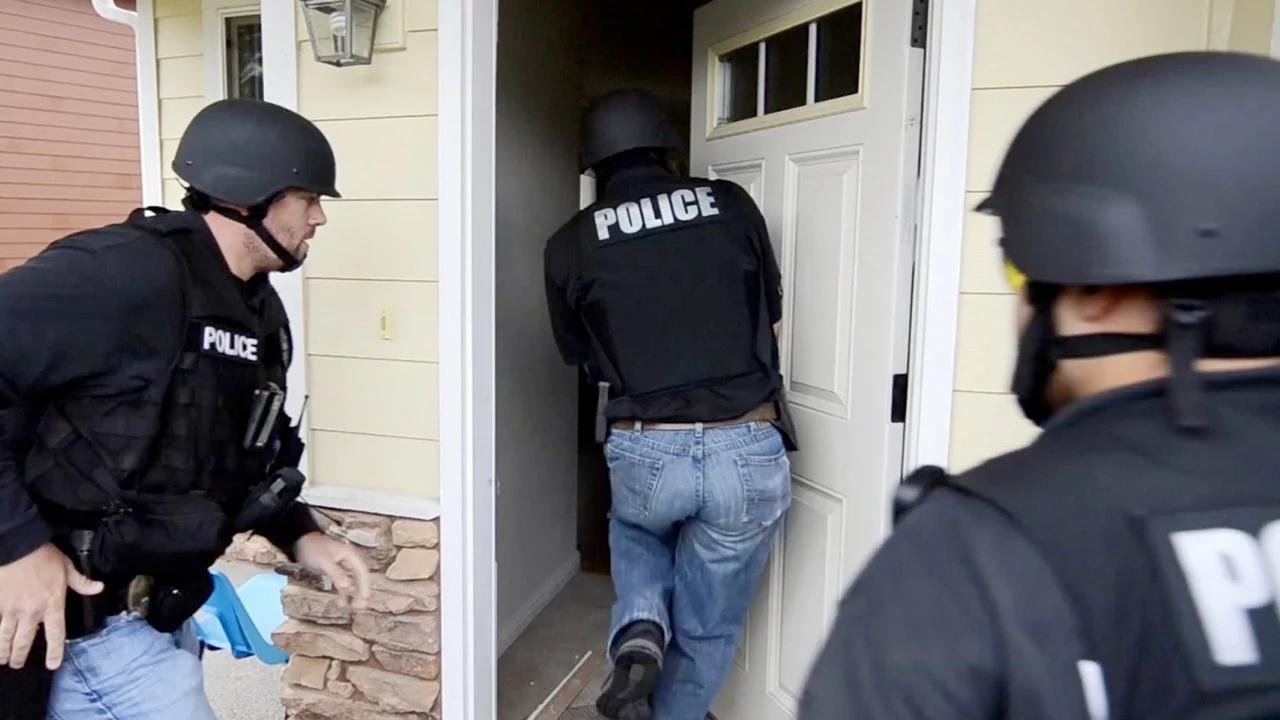Understanding the Rights of Homeowners in Eviction Cases
Eviction is the legal process that allows a landlord to remove a tenant from a rental property. But, what happens when the person being evicted is the homeowner? Can the police evict you from your own house?
The answer is yes, in certain situations. Even though you own your home, if you fail to pay your mortgage, taxes, or other bills, your lender can take steps to evict you. This process is known as a foreclosure or a repossession.
Foreclosures start when a homeowner fails to make payments on their mortgage. The lender will typically send a notice of default to the homeowner, letting them know that they have missed payments and that the lender is beginning the foreclosure process. If the homeowner fails to make payments or find a way to save their home, the lender can take the home back through foreclosure.
Tax foreclosures are similar to regular foreclosures in that the homeowner has failed to pay their taxes. In this case, the local government will send a notice of default to the homeowner, informing them that they must pay their taxes or the government will begin the process to repossess their home.
In both cases, the homeowner will have the opportunity to make payments or find a way to save their home. If they cannot, the lender or the government will take their home through the foreclosure process.
Once the home has been taken, the homeowner will be evicted. The eviction process is similar to the eviction process of a tenant, but in this case, the homeowner will be removed from their own home. The home will then be sold, and the proceeds will go to the lender or the government.
If you are facing eviction from your home, it is important to understand your rights. Speak to a lawyer to learn more about the foreclosure process and how you can protect your rights as a homeowner.
Exploring the Legality of Police Eviction from Your Home
The legality of police eviction from your home is complex, and it varies by state. It's important to understand the laws in your state, as well as the nuances of your particular situation.
If you are facing eviction, the first thing you should do is contact an attorney who specializes in landlord-tenant law. A lawyer familiar with your state's laws can provide legal advice and help you understand your rights and options.
In some cases, police officers may be able to evict you from your home without a court order. This is known as a forcible eviction or a self-help eviction. It is illegal in most states, but police officers may still attempt to do it if they believe it is necessary. As such, it is important to be aware of your rights and to understand the laws in your state.
In most states, police officers cannot evict you from your home without a court order. A court order is usually issued following a hearing in which a judge hears both sides of the argument and makes a ruling. To obtain a court order, the landlord must file an eviction lawsuit against you. If the judge rules in favor of the landlord, then the court order will allow the landlord to evict you.
It is important to note that if the police try to evict you without a court order, they are in violation of the law and you should contact an attorney. It is also important to note that you cannot be evicted without being served with a court order. The landlord must serve you with the court order before the eviction can take place.
If you are facing eviction, it is important to know your rights and to understand the laws in your state. Contacting an attorney who specializes in landlord-tenant law is the best way to ensure that you understand your rights and options. It is also important to remember that police officers cannot legally evict you without a court order.
What You Need to Know About Police Eviction and Your Home
Are you worried that the police may come to your door and evict you from your own home? This is a legitimate concern, and it's important to understand your rights. Unfortunately, in some cases, the police may have the power to remove you from your home.
Generally speaking, the police do not have the authority to evict you from your own home. The police can only remove you if they have a court order granting them permission to do so. This could be a court order signed by a judge, or it could be a warrant issued by the police.
If the police do have a court order, they must present it to you before they can legally evict you. If they do not have a court order, they must obtain one from a judge before they can legally evict you. If the police attempt to evict you without a court order, they are breaking the law and can be held liable.
If the police do have a court order, they may still have to follow certain procedures. Depending on the jurisdiction, the police may have to wait a certain amount of time before evicting you, or they may have to provide you with certain documents. It is important to understand the laws in your area and make sure the police are following them.
It is also important to understand that the police may not be the only ones who can evict you from your home. Landlords, creditors, and other parties may also have the authority to do so. If you are in danger of eviction, it is important to contact a qualified attorney to help you understand your rights and to protect your interests.
If you are facing eviction, it is important to understand your rights and to take the necessary steps to protect them. In some cases, you may be able to negotiate with the police or other parties to avoid eviction. It is also important to contact a qualified attorney who can help you understand the laws in your area and protect your interests.
Unpacking the Complexities of Police Eviction of Homeowners
The idea of police evicting someone from their own home is a difficult concept to understand. In most cases, it’s a last resort after all legal options have been exhausted. It’s also a rare occurrence, but it does happen. So it's important to understand the complexities when it comes to a police eviction.
The primary reason why the police would be involved in the eviction process is to ensure that the process is carried out in the most peaceful and orderly manner. The police will be called if there is a risk of violence or if the tenant refuses to leave the premises. Even if the tenant is cooperative, the police will still be present to ensure that no damage is done to the property while they are removing the tenant’s belongings.
Another reason why police may be called to an eviction is if the tenant has failed to vacate the premises after being given a notice to vacate. In this case, the police will be called to serve the notice and to ensure that the tenant follows the instructions given in the notice. In some cases, the police may even be called to physically remove the tenant from the premises.
When it comes to the actual eviction process, the police will be involved in order to ensure that the tenant is removed from the premises in an orderly manner. The police will be responsible for ensuring that the tenant does not cause any damage to the property, as well as for ensuring that the tenant does not become violent or confrontational. The police will also be responsible for providing assistance to the tenant if needed.
The police will also be involved in the process of collecting the tenant’s belongings and ensuring that they are removed from the premises in a safe manner. This may include collecting the tenant’s personal belongings, securing the premises, and ensuring that the tenant vacates in an orderly manner. The police will also be responsible for ensuring that the tenant does not return to the premises after the eviction has taken place.
The complexities of police eviction of homeowners can be daunting. It’s important to remember that the police are there to ensure the safety of everyone involved, and to make sure that the eviction process is carried out in an orderly manner. It’s also important to remember that the police are not there to take sides, and that the primary goal is to ensure that the eviction is carried out in a peaceful manner.



